Following an 11-month strike plagued by back-and-forth disputes over Generative AI, SAG-AFTRA has ratified its new contract with major video game companies including Activision, Disney Character Voices, Electronic Arts, Epic Games, Formosa Interactive, Insomniac Games, Take 2 Productions and WB Games Inc.
Per a joint statement issued by the actors union and the video game companies party to the agreement Wednesday, SAG-AFTRA members approved the 2025 SAG-AFTRA Interactive Media Agreement by a vote of 95.04% to 4.96%.
Among its key stipulations, the deal provides compounded increases in performer compensation at a rate of 15.17% upon ratification plus additional 3% increases in November 2025, November 2026 and November 2027. Additionally, the overtime rate maximum for overscale performers will now be based on double scale. The health & retirement contribution rates to the AFTRA Retirement Fund will now be raised from 16.5% to 17% and then to 17.5% in October 2026.”
The contract “also accomplishes performer safety guardrails and gains around A.I., including consent and disclosure requirements for A.I. digital replica use and the ability for performers to suspend consent for the generation of new material during a strike.”
While the nearly year-long strike largely went under the radar outside of the gaming community — and was at times an afterthought even within that community as it dragged on without creating immediate impact — the results of the fight over a new Interactive Media Agreement covering voice and body-capture performers make one thing certain: gaming companies are squarely and undeniably in the same league as old Hollywood studios when it comes to working with talent.
Gone are the days when video game giants were considered part of the tech sector and able to make rules with the actors union that pertained to their unique medium rather than follow in the footsteps of TV and film studios.
“I think that definitely the gaming companies can see themselves shifting their business practices as part of the result of this negotiation. I mean, they obviously took very seriously what they were willing to agree to and not agree to; that’s why we ended up in a 11-month strike over that issue,” SAG-AFTRA national executive director and chief negotiator Duncan Crabtree-Ireland told Variety Wednesday amid the ratification vote for the Interactive Media Agreement.
Now, nearly a month out from the strike’s end when a tentative deal was reached June 11, Crabtree-Ireland says: “I do expect that the terms that are part of the deal they intend to fulfill and so I do think that, from my point of view, that leaves them feeling like they have now sort of closed that circle, or closed the loop with the other companies in the entertainment and media states who have agreed to terms that address the core elements of informed consent and fair compensation.”
While Crabtree-Ireland concedes “obviously there’s nuances, there’s differences between different contract areas, not only in video game contracts, but also music agreements, TV and film, streaming, commercials and advertising, etc.” The change in tide and the precedent set are clear.
“I think they do see this as an indication that the worker community, at least performers and them, have reached a common understanding on how we can all move forward together,” the SAG-AFTRA leader said.
In a statement issued on behalf of the video game producers that are party to the agreement on Wednesday, spokesperson Audrey Cooling said: “We are pleased that SAG-AFTRA members have ratified a new Interactive Media Agreement, which delivers historic wage increases, industry-leading A.I. protections, and enhanced health and safety measures for performers. We look forward to building on our industry’s decades-long partnership with the union and continuing to create groundbreaking entertainment experiences for billions of players worldwide.”
Voice actor and SAG-AFTRA’s Interactive Media Agreement negotiating committee chair Sarah Elmaleh says that “the last piece” — and a “very, very crucial piece,” at that — “to really come together” in concluding negotiations was something a bit in the weeds for a layperson: ensuring consequences if Generative AI scabs, or breaks a strike by doing work, on behalf of an actor with “a simulation of themselves.”
“The linchpin, when we’re talking about moving forward into a safe and ethical use of this technology, was the strike suspension language,” Elmaleh told Variety. “And maybe that’s a little bit wonky as a labor concept or uniquely labor thing. But I think that every worker, regardless of industry, if they are in a position to have a union to protect them, if they have a union tool to use to advocate for themselves to get what they need, if they choose to withhold their labor through the use of that tool, that they shouldn’t have what is an unprecedented type of scab — meaning a scab to replace their labor with really, a simulation of themselves. So not just completing the work that they would do in general, but completing the work that they would do in the style of themselves.”
Elmaleh says resolving the actors union’s “really new and really unsettling” and coming to exact terms with the video game companies on the contract language was the turning point in ending the strike.
According to insiders within the gaming companies who spoke with Variety, union talent had expressed confusion over the issues at stake in this strike on multiple occasions and questioned why previous iterations of the Interactive Media Agreement proposed by the companies weren’t being accepted by the actors union. SAG-AFTRA says this is why.
“Whether [a game that breaks the rules is] automatically suspended, or if it’s something that you’re able to reach out and to suspend actively, it’s getting the opportunity to make sure that, if there is a strike happening that would affect you or this is what you need to get as part of your negotiations, that you don’t have that disruption and undermining from, essentially, some version of yourself,” Elmaleh said.

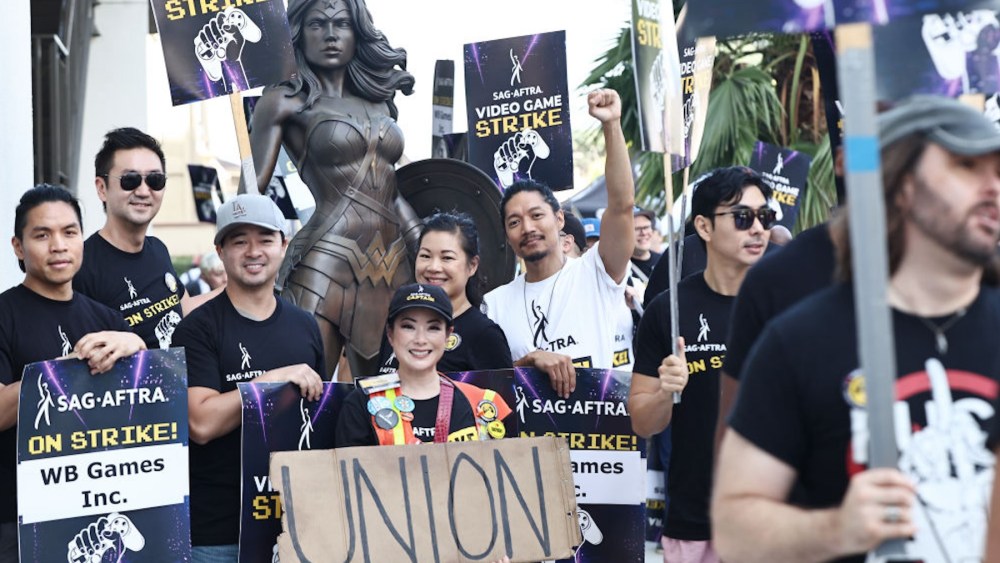

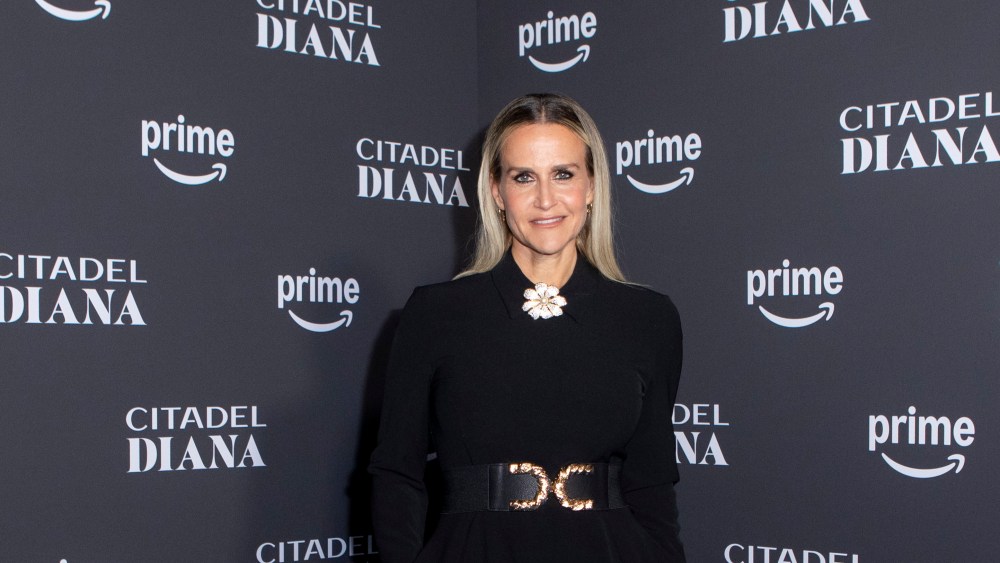
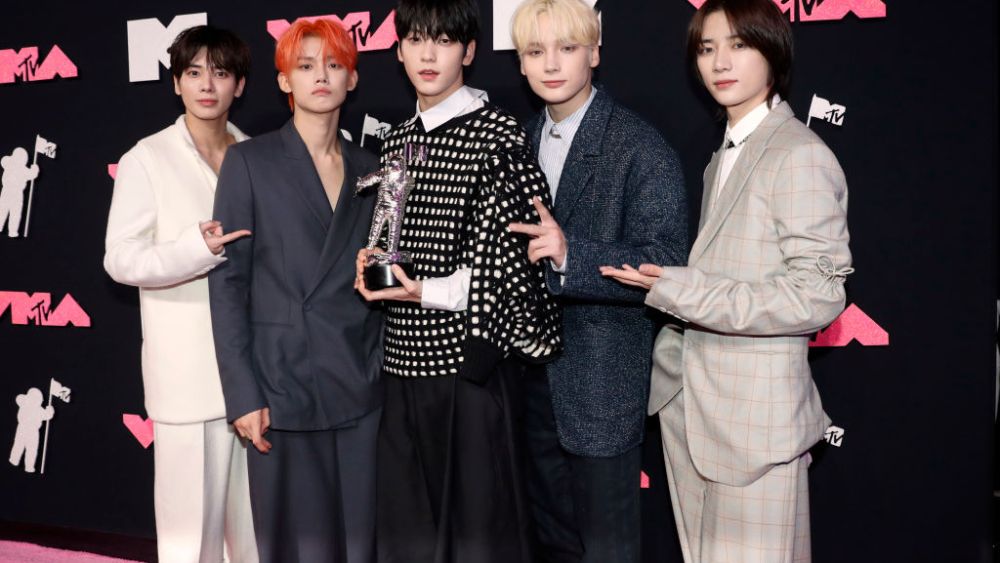
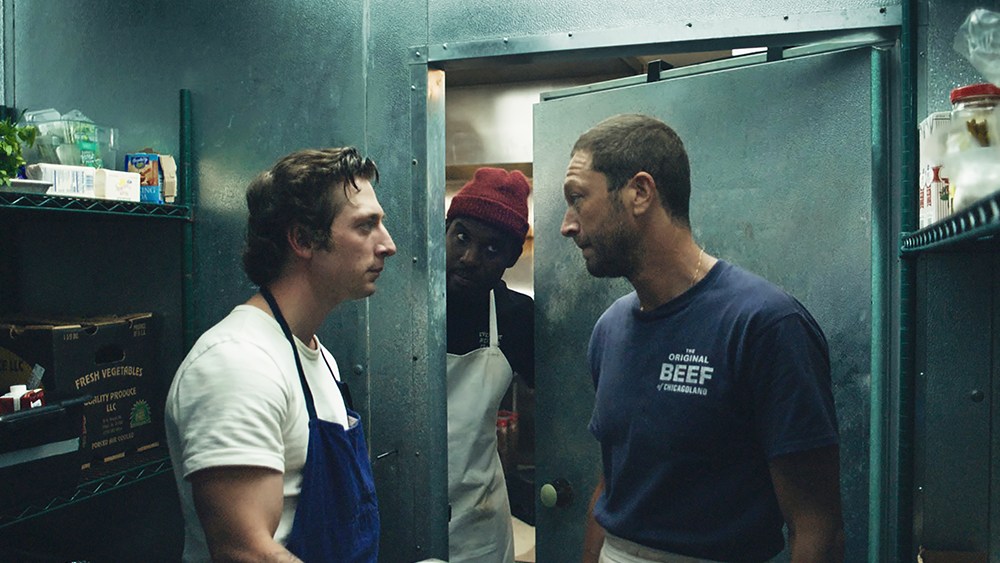


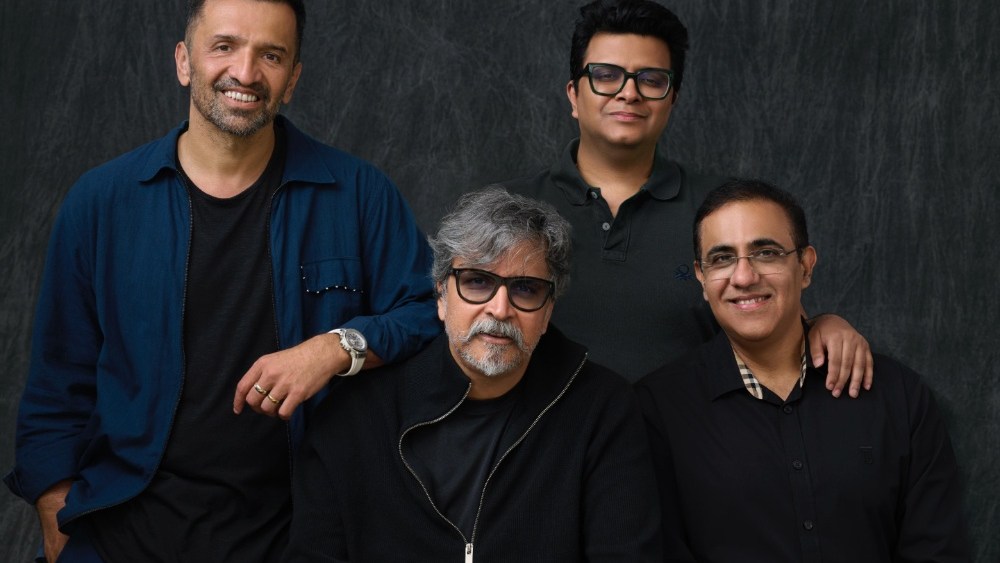
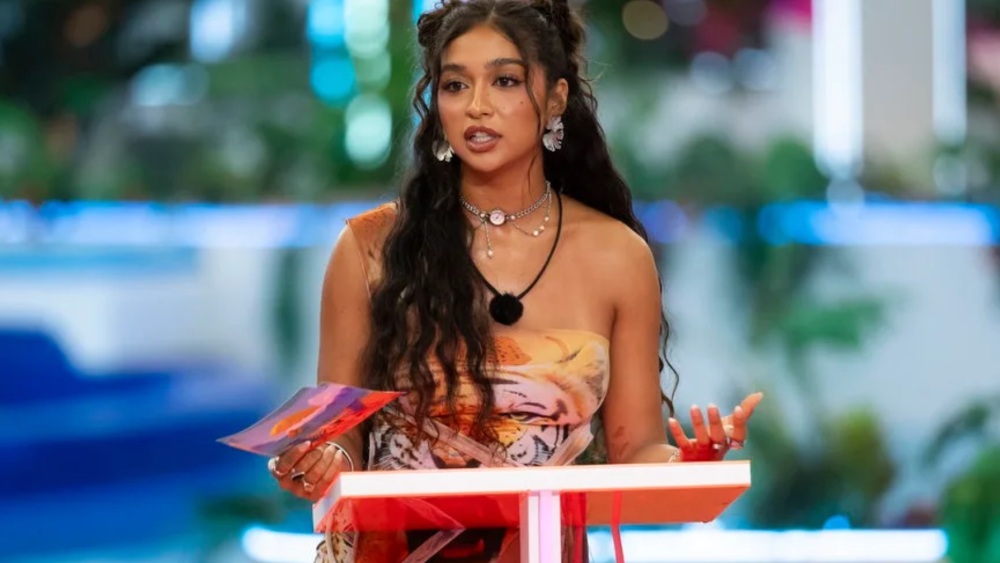

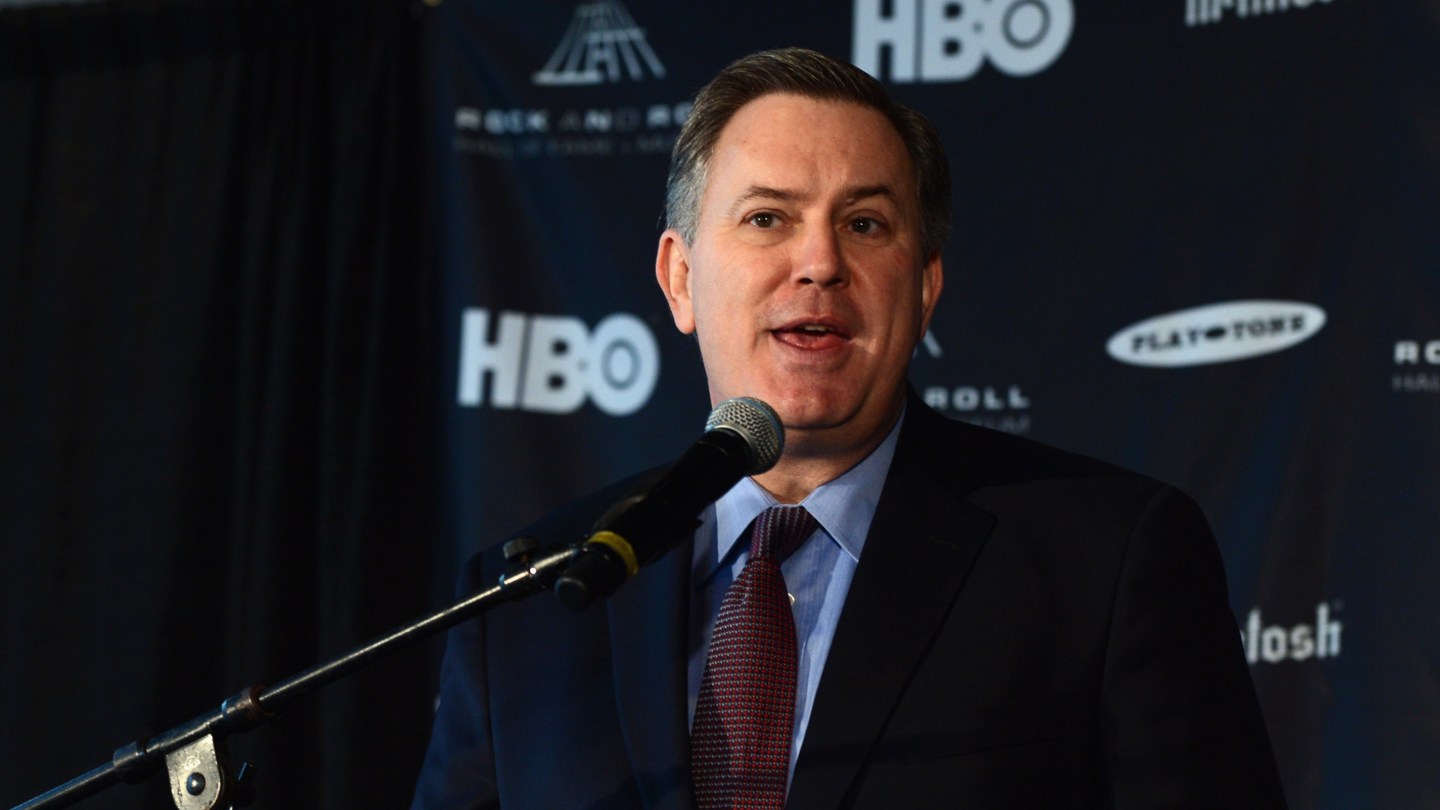
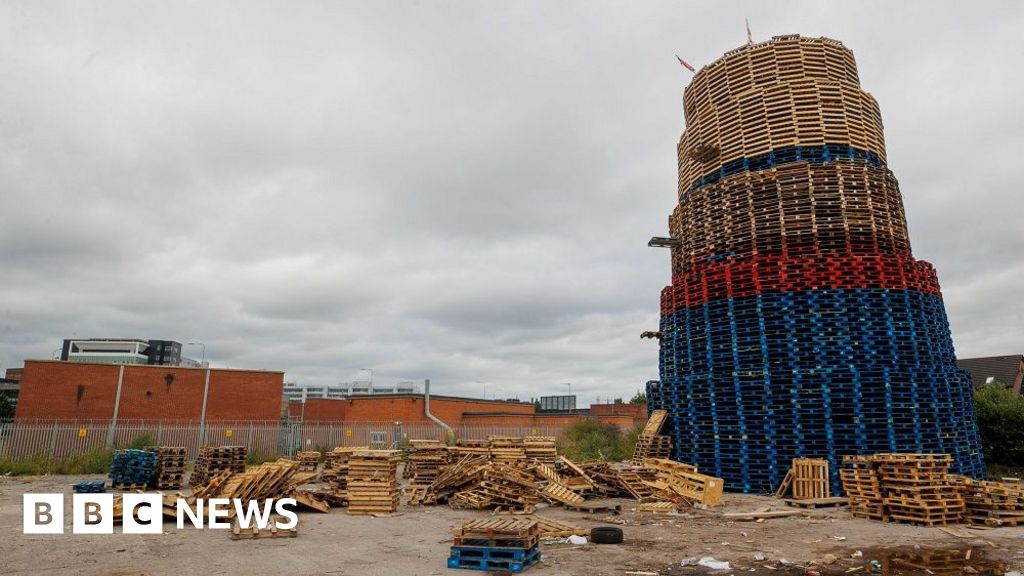
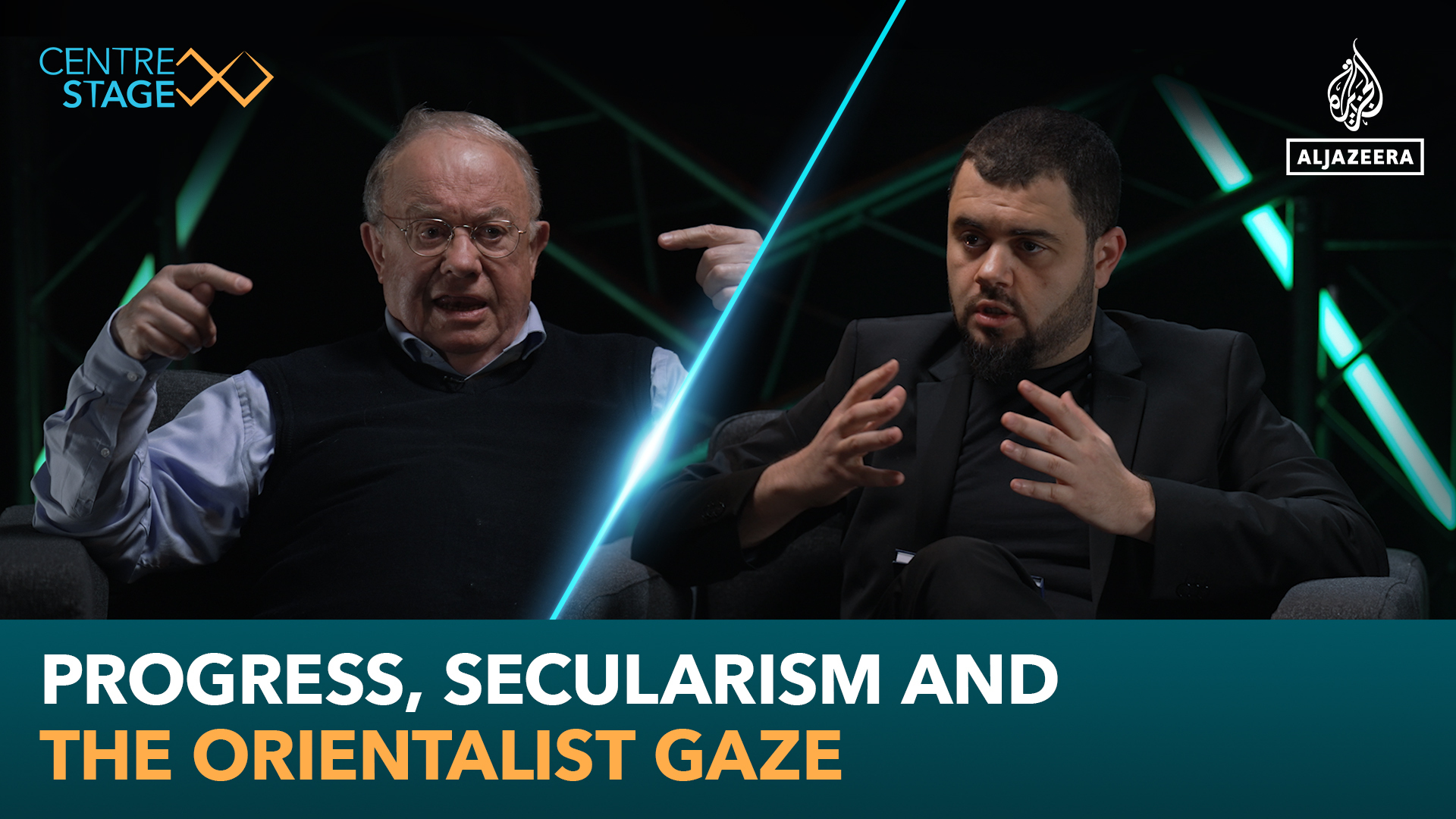


Leave a Reply